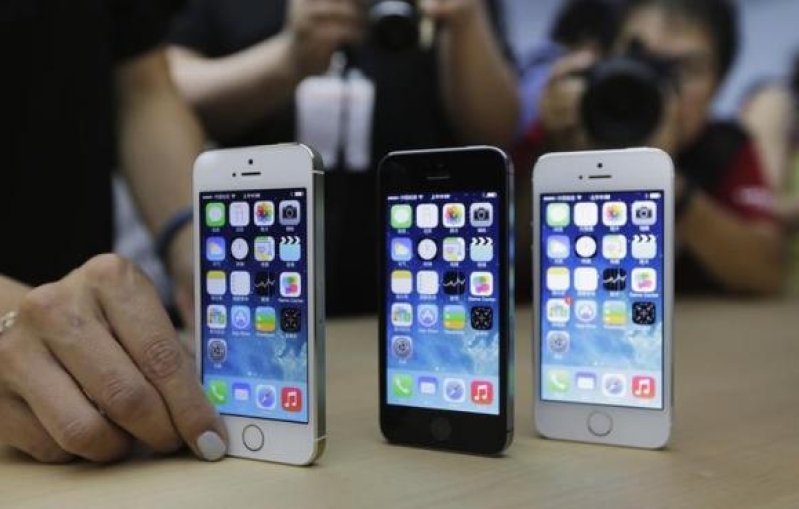
The Chinese government continues to impose strict regulations on its citizens, most recently denouncing the latest version of the iPhone as a "security threat."
On Friday, state-run China Central Television called a location-tracking function offered by Apple Inc. AAPL +0.77% 's iPhone a "national security concern."
The "frequent locations" function in Apple's iOS 7 mobile operating system records time and location for the owner's movements. Although the feature can be disabled, CCT warned that those with access to that data could gain knowledge of China's economic situation or "even state secrets," and possibly reveal them to U.S. intelligence agencies.
In response, Apple denied the claims, saying that that it doesn't track users or share their locations with outsiders.
"We appreciate CCTV's effort to help educate customers on a topic we think is very important," Apple said in the statement on its Chinese website, The Guardian reports. "We want to make sure all of our customers in China are clear about what we do and we don't do when it comes to privacy and your personal data."
"Apple does not track users' locations - Apple has never done so and has no plans to ever do so," said the company.
The statement also said it created the "frequent locations" feature so users can "quickly and reliably determine their current locations for specific activities such as shopping, travel, finding the nearest restaurant or calculating the amount of time it takes them to get to work."
This latest announcement by China's influential media outlet may cause problems for Apple, as greater China-which includes Hong Kong and Taiwan-produced 24.8 percent of Apple's global revenue this past quarter. In addition, sales in the region have increased by 13 percent, and iPhones make up 80 percent of the nation's high-end phone market, the Wall Street Journal reports.
CCTV is one of the most influential media outlets in China, as some companies changed policies or recalled products following negative CCTV reports.
According to the Huffington Post, the relationship between China and technology companies in the United States has been unstable since 2013 when Edward Snowden charged the National Security Administration with seizing sensitive user data from U.S. technology firms under the PRISM surveillance program.
At the time, CCTV called "severe punishment" of several technology companies in the United States, including Apple and Google.
"To resist the naked Internet hegemony, we will draw up international regulations, and strengthen technology safeguards, but we will also severely punish the pawns of the villain," the CCTV report said. "The priority is strengthening penalties and punishments, and for anyone who steals our information, even though they are far away, we shall punish them!"
This is not the first time China has declared is distrust for U.S. technology; last year, state-run China Economic Weekly magazine ran an article titled "He's Watching You" which named eight U.S. companies-including Apple-that it said pose a danger to China's computing networks.
More recently, Chinese state television raised security questions about Microsoft Corp.'s MSFT +0.97% Windows 8 operating system after the government procurement center said in May that it wouldn't allow the purchase of new government computers if they ran Windows 8, reports The Guardian.
Currently, China's government is attempting to create alternatives to U.S. technology, but analysts say country's developments thus far have little chance of becoming widely used in the competitive mobile market.







